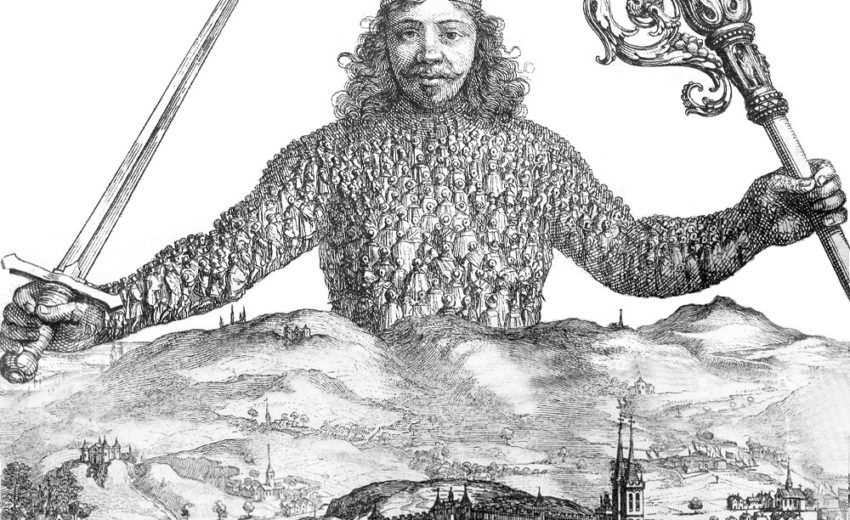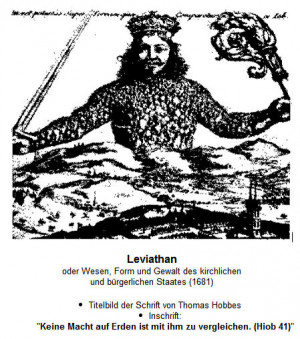

The peaceful possession of things of value and their exchange is also contradictory to Hobbes’s theory, especially in long distance-trade across several countries during ancient times where there was little or no law or custom of protecting transit trade between Venice and Egypt or between Scandinavia and the Black Sea. The statement that two players wanting a thing that only one of them can possess would lead to “warre” is an overstatement. The area where the two behaviour functions overlap would include the locus where “warre” between the rivals could take place. The exploiter could be described by a function which included his valuation of it, the marginal cost he would incur if he tried to get possession of it, the estimated probable marginal cost of the defence put up by the owner, and the marginal cost of his own attack. The behaviour of the owner could be described as a function of his valuation of the good, the marginal cost of his defence of it, and his estimate of the valuation put on it by the exploiter. The owner as trader and the exploiter are both governed by the same sort of rationality that should lead them to their optimum outcome devoid of any passion.

The thing they both wish to possess is tradable, and the owner is willing to sell it at its own valuation, but not otherwise.

Hobbes is very clear on neither of these people being constrained by laws of any sort, but being governed solely by interest and capacity. Commerce is another possible outcome, and there are others as well. When two people desire the same thing, the outcome is not necessarily and not even probably “warre”. Commerce is another possible outcome, and there are others as well.” “When two people desire the same thing, the outcome is not necessarily and not even probably ‘warre’. It could be remarked that a party contemplating the harming of another must reckon with resistance or retaliation, not of the victim, but of the totality of every other contracting party as well as of Leviathan itself. There is an entity, Leviathan, created by everybody’s contracts with everybody else, which is charged with the preservation and enforcement of all the contracts, so that the contracts are doubly secured, like the belt and braces of a pair of trousers. Every member of society enters a contract with every other, with no contracting party harming the preservation and self-domination of any other. Hobbes’s people have self-preservation and domination of others as their salient aims, with no other aim being equal, let alone superior. It is also understood by some, though not all, who have read it with sympathy. Thomas Hobbes’s symbolic explanation of the political aspects of society is well understood by those who have not read his Leviathan.


 0 kommentar(er)
0 kommentar(er)
